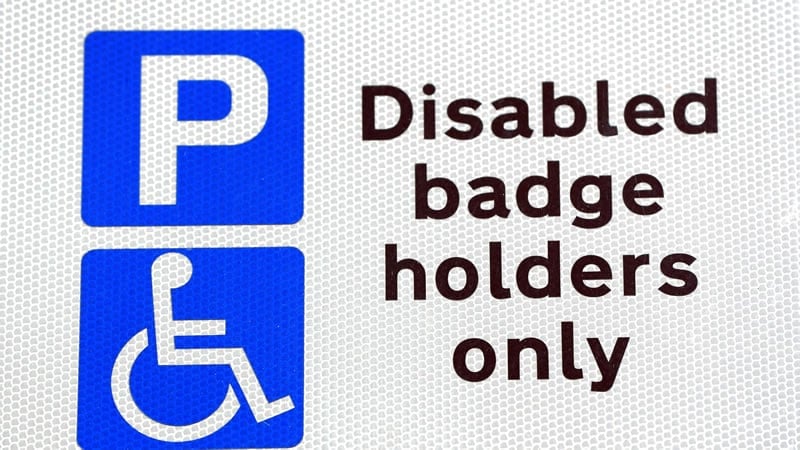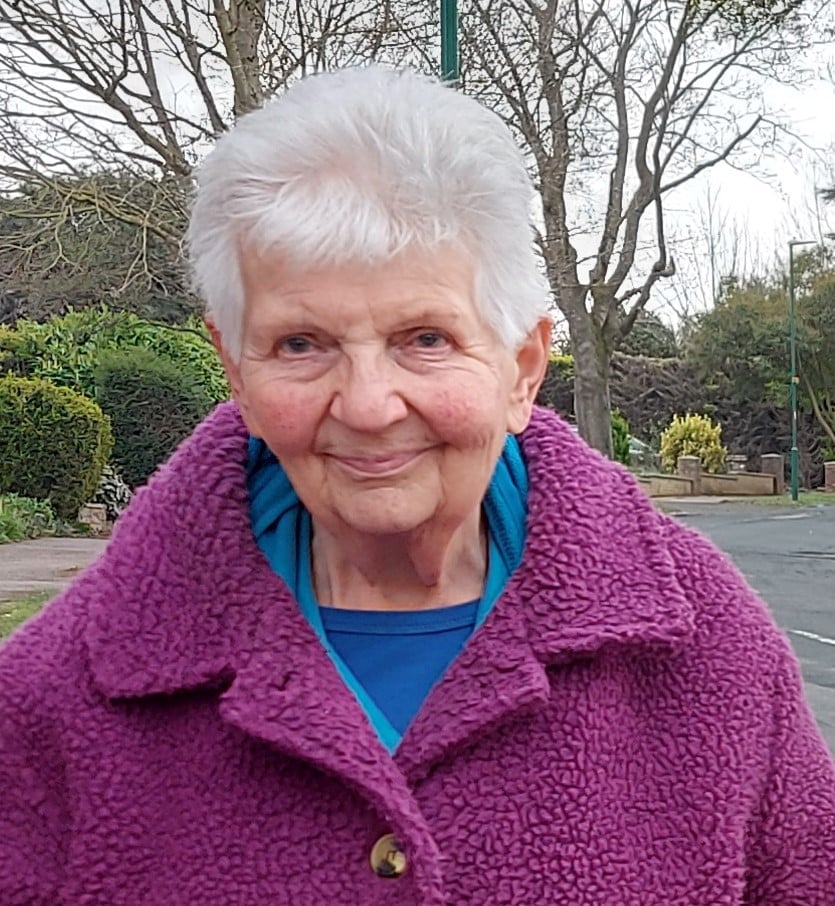Campaigning to make the Blue Badge application process more accessible

Published on 22 May 2025 10:23 PM
I have been a volunteer at Age UK Sutton for 17 years. In the years before Covid I remember helping clients to complete the paper application form for a Blue Badge. The form seemed straightforward, and no clients returned to report problems.
In 2019 the London Borough of Sutton decided to scrap the paper form and convert to online applications. I managed to help several clients process their applications but had to turn to staff members to help them upload documents required as evidence. I felt that few clients would have the digital skills or equipment to do this for themselves. In fact, most of the clients who come to our office do so because they lack the digital skills to access a variety of public services which require online applications.
One morning my client was a 93-year-old lady who had to pay for a taxi to come to our office for help with renewing her existing Blue Badge. The online process started with entering details of her expiring badge and this was accepted. However, she then had to provide an email address which she didn’t have. She was reduced to tears, and I was upset at my inability to help her.
I started to consider ways of persuading the Council to reconsider. Our CEO was interested in meeting Council officers to try to change the process. I had help from the Project Officer at HealthWatch who found out that the Council did offer a drop-in service for those who needed help with online applications but this was not advertised – a ‘secret’ service!
Then came Covid and lockdown and I had to abandon my efforts.
Recently I met an 82-year-old neighbour who can scarcely walk at all and every step she does take is painful. Her son had made 2 applications online for her. The first was unsuccessful and the second was followed by requests for information which she found confusing and was unable to make the online submissions required. Getting a Blue Badge was essential to maintaining her independence and she was becoming very distressed and inclined to give up.
Her predicament angered me. I then found out that anyone could petition the council about a matter of concern and the council would have to discuss it if 1,500 signatures were obtained. I drafted and submitted a petition about digital discrimination in general and in particular I asked for a paper application form to be available for the Blue Badge. This was rejected outright, claiming a paper claim form was already in use. This was downright untrue, so I became more determined and contacted the Blue Badge team, requesting an interview to explain why the current system was too difficult for many claimants who were not confident using digital devices.
I received an appointment to meet the head of the Blue Badge team and the Council’s director of inclusion. The Chairman of the Patient Reference Group knew about this and emailed the Blue Badge team to express his backing for my efforts.
At the meeting they explained that the number of applications had doubled since Covid and paper applications were often difficult to process because they were incomplete or illegible. They also said that they now offered help to complete the online form by phone. I pointed out that this was not good enough because many older people have hearing loss and/or arthritic or ‘shakey’ hands. I asked that they provide face-to-face help with completing the form online or funded the voluntary sector to do so.
The outcome of the meeting was that they agreed to have a further meeting to which they would invite representatives from Age UK Sutton, the Citizens Advice, Healthwatch and the Patient Reference Group.
Before the second meeting took place, I spent time considering the shortcomings of the present system and decided that one problem was the shortage of information about the process for those unable to go online. I prepared a short document suggesting that the council should publish a leaflet setting out the eligibility criteria, the evidence required and the sources of help to make an online application. I circulated this to those who were invited to attend.
At the meeting we were informed that measures were now in place for the Council to provide face to face help to complete the online form. There was some discussion about helping those without digital skills and an assurance that they did want to provide Blue Badges to those who were eligible. Finally, they committed to producing a poster for display in every GP Surgery giving the required information and a leaflet with the same information that could be taken away.
I do hope this will cut down the number of applications from people who are not eligible and make the process more open and straightforward for genuine claimants. It might even save the Council money if less applications are abandoned before completion and staff have to cope with less phone calls from confused claimants!
I can also report that the case of my neighbour was reviewed, and she was awarded a Blue Badge without any further assessment. She is thrilled.
About the author
Marian is a retired maths teacher and lives in Sutton. As a result of her volunteering work at Age UK Sutton she is very much aware that there are considerable numbers of older people who don’t feel able to use online services. She would like to see a law passed that makes it compulsory to provide alternatives to online applications for all public services and much greater compliance with the Public Sector Equality Duty outlined in the 2010 Equality Act.

